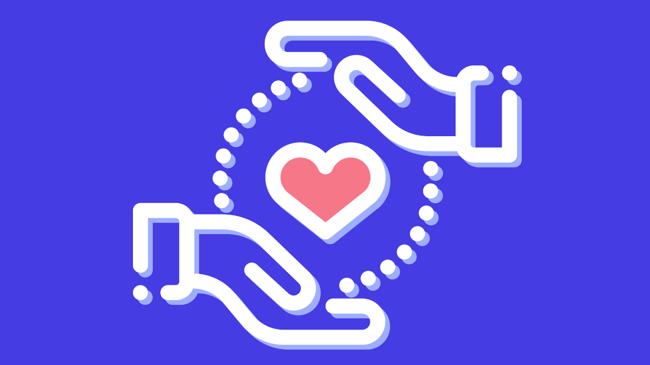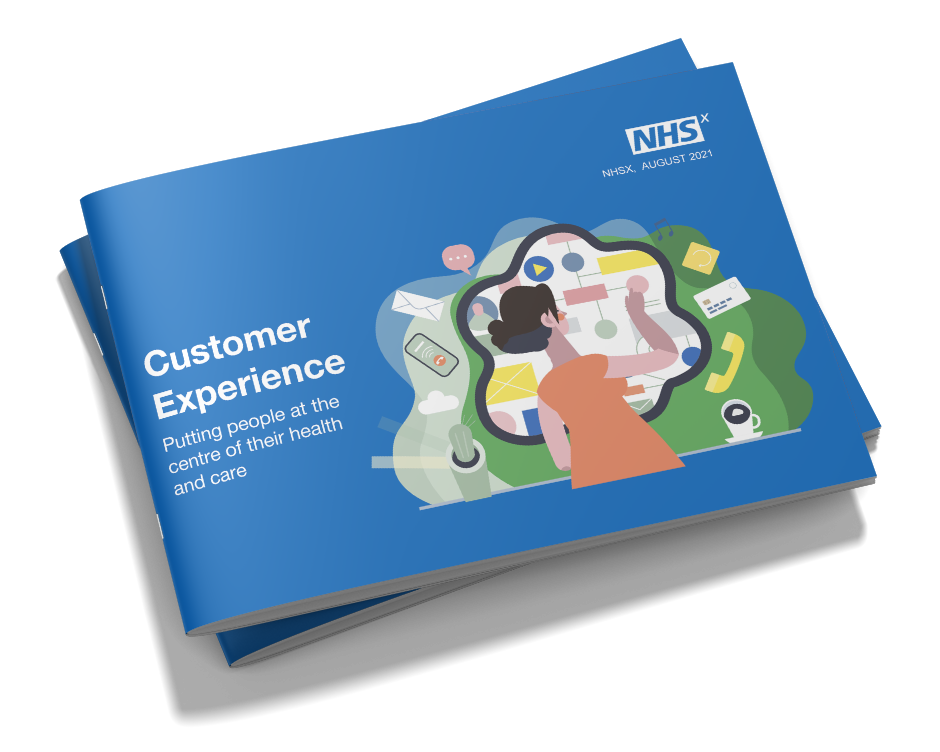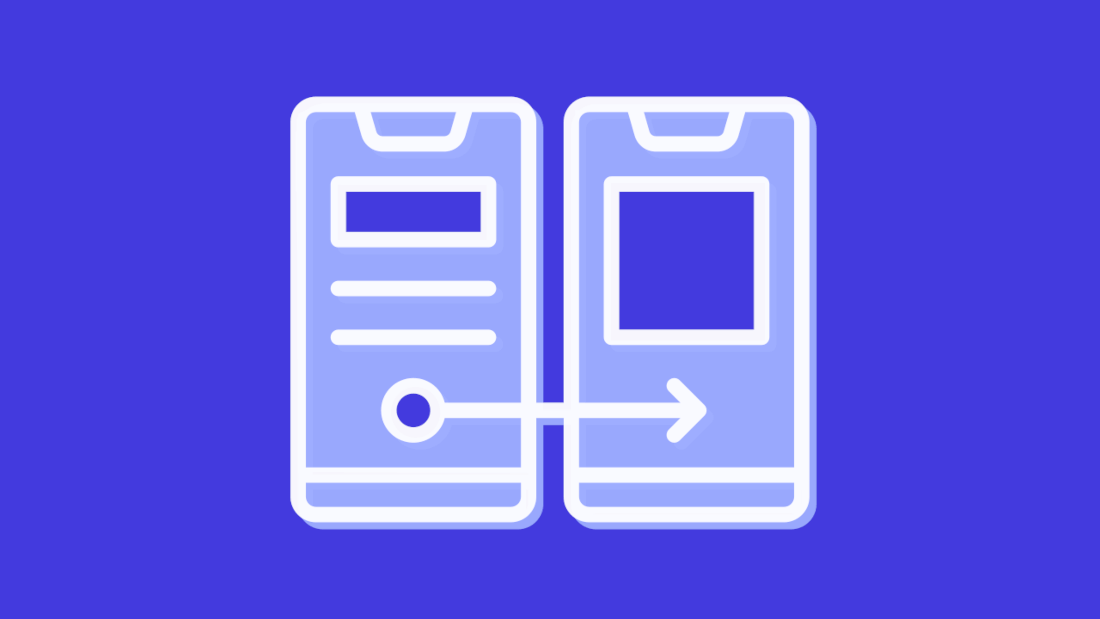Human-centred design for healthcare services
Human-centred design is vital in healthcare. By focusing on the needs of real people, we make services more accessible, more inclusive, and more efficient.
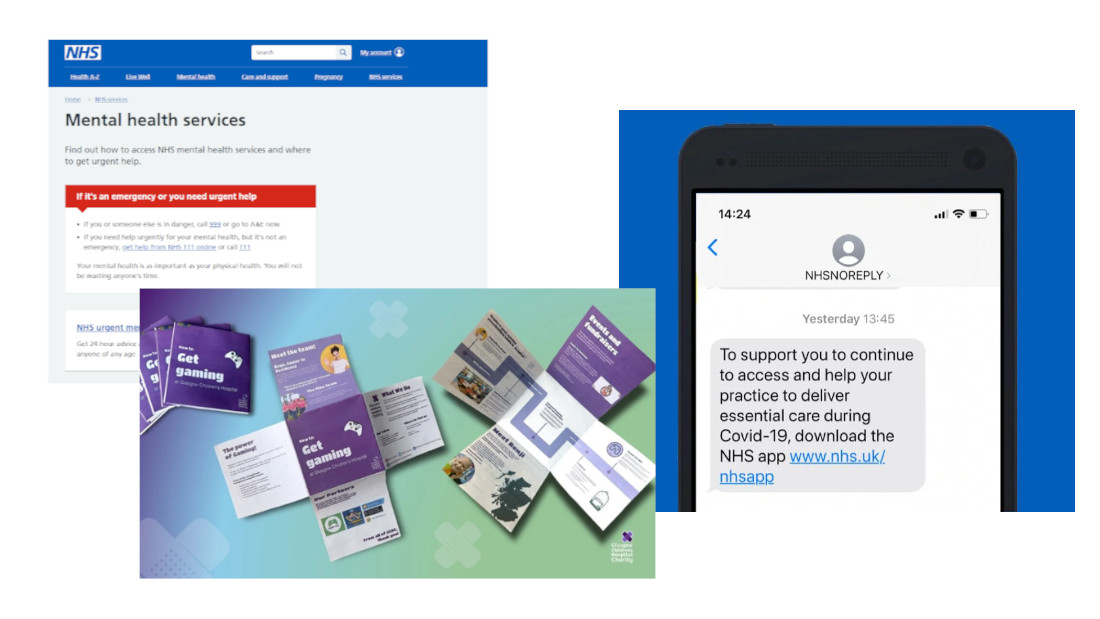
Designers and researchers ready to work with you
You need a user-centred design partner capable of working with clinicians, subject matter experts, service users, and other stakeholders.
If your organisation has an established design team, you want people who can work with them, fitting into your culture and processes, to form a single powerful team.
And if you need to build your design capability, you need consultants who can coach and mentor your team, while at the same time delivering great work on the project.
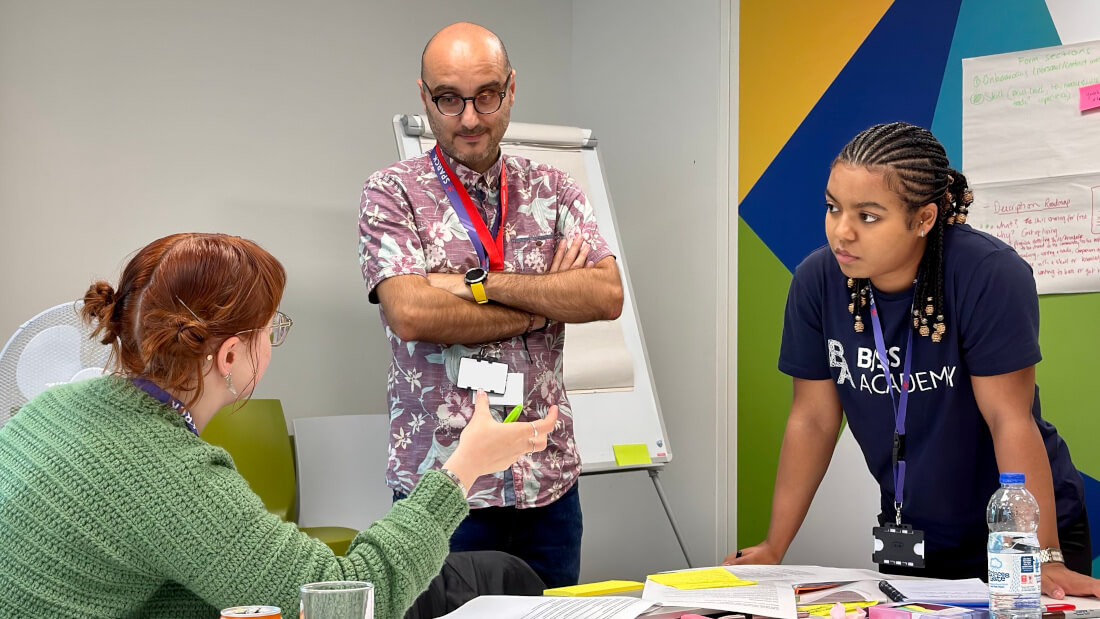
Hands-on experience with NHS and GDS standards
The National Health Service (NHS) sets a high bar for the delivery of user-centred healthcare services, established through the NHS Digital Service Manual.
It builds on the Government Digital Service (GDS) standards that have driven the reinvention of UK government websites.
Teams from Sparck have worked to these standards for years on projects such as:
- The NHS app
- The AI and digital regulations service
- Online GP registration
- NHS Wayfinder, for appointments and referrals
- Tools such as the body-mass index (BMI) and heart-age calculators
- ‘Find a service’ including GP surgeries and pharmacies
- Mental health services
Some of our healthcare sector clients
In recent years we've worked with:
- NHS England
- The National Institute for Health and Care Excellence (NICE)
- Medicines and Healthcare products Regulatory Agency (MHRA)
- The Health Research Authority (HRA)
- The Care Quality Commission (CQC)
Let’s talk
If you want to find out more about how Sparck could help with your technology project in the healthcare sector, get in touch.
Insight into user-centred design for healthcare
The Sparck blog is full of content around our work on human-centred design (HCD) in the health sector.
Community and culture in NHS design leadership
Harriet de Wet on what she’s learned leading user-centred design (UCD) teams in the National Health Service.
How Sparck and BJSS helped the NHS reinvent its national digital strategy
Over 20 weeks BJSS and Sparck took a user-centred design approach to a customer experience discovery.
Inclusive design matters, especially for life-and-death services
Content that makes people feel excluded, or doesn’t make clear they’re entitled to use a service, can lead to them missing out on vital support.
Content-first prototyping: prioritising what service users need
Miriam Vaswani used a content-first approach on the NHS Wayfinder app, putting user needs first.
The skills your project needs
Content design for health services
The information users need, when they need it, in language they can understand, created in collaboration with your subject matter experts.
Service design for healthcare
Understand, map and improve journeys through your healthcare service, to help users get what they need.
Specialist healthcare user research
Truly understand the needs of service users and test the usability of products, with sensitive, ethical research.
GDS and NHS standard interaction design
Product designers prototype, build and test pages and interfaces in line with UK public sector standards, including the NHS Service Manual.
Digital consultants with healthcare expertise
Cross-disciplinary innovation experts can introduce approaches such as lean product development, futures thinking, and crisis communications.
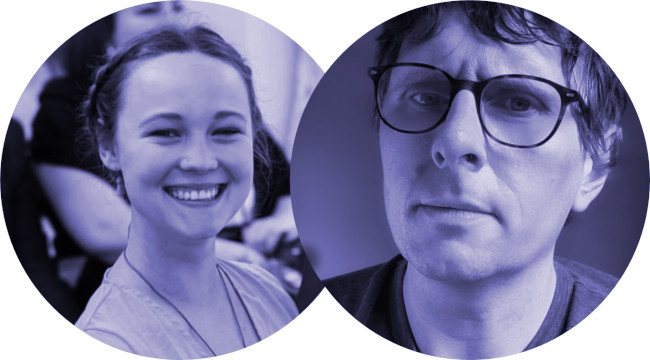
Book a chat
Dave Black and Harriet de Wet are two of our most experienced lead designers in the healthcare sector. Get in touch through our contact page and they’ll be happy to set up an informal catch-up to learn more about the problems you need to solve.


